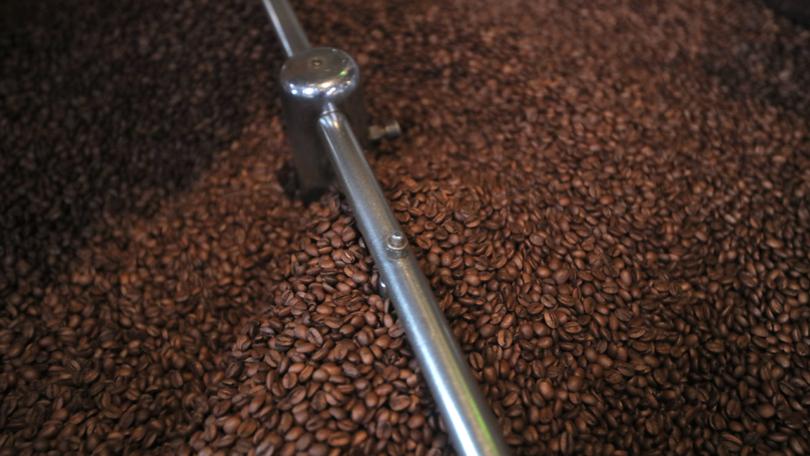Brazil coffee crop disappoints after beans affected by drought
Brazil, the world’s top coffee producer, is on track to harvest a weaker-than-expected crop in a frustrating development for already tight global markets and rising prices.

Brazil, the world’s top coffee producer, is on track to harvest a weaker-than-expected crop in a frustrating development for already tight global markets and rising prices.
Farmers are picking up smaller-than-usual beans after trees went through a period of heat and drought that harmed development. While the extent of the impact is uncertain, the concern is already spurring some downward revisions for production estimates of arabica, the premium variety used by specialty coffee chains.
“There is certainly a concern about production shortfall,” said SimÆo Pedro Lima, an executive at cooperative Expocacer, who added that the average size of beans is probably going to be lower than in previous years in the key growing region of Cerrado Mineiro.
Sign up to The Nightly's newsletters.
Get the first look at the digital newspaper, curated daily stories and breaking headlines delivered to your inbox.
By continuing you agree to our Terms and Privacy Policy.Arabica futures are on pace for a fourth straight monthly gain and have climbed about 20 per cent this year on supply concerns. Prices for the robusta variety are up too, jumping more than 40 per cent in 2024 as production in key grower Vietnam buckles under drought. J.M. Smucker Co., whose brands include Folgers, Caf‚ Bustelo and Dunkin’, said this month the company is set to hike prices as it faces higher coffee costs.
This month, Marex Group cut its outlook for the Brazilian crop to 44 million bags of arabica beans in the current 2024-25 season. That compares with its March estimate of 46.6 million.
The weaker harvest is confirming farmer fears. High temperatures that set in during late 2023 were harmful to the initial development of beans, said Regis Ricco, a consultant who serves several coffee producers in the largest growing areas of Brazil.
He believes output will be 10 per cent to 15 per cent lower than previously expected as growers will need to use more beans to fill a bag of coffee. Each bag weights 60 kilograms (132.3 pounds).
With the harvest in Brazil still ongoing, it’s possible that farmers will notice some improvement in the months to come. Still, there are doubts on whether any future relief would be enough to offset the losses already reported.
More downward revisions to market estimates could come soon, said Albert Scalla, senior vice president of trading at StoneX.
“The bean count is coming down - the yields are easing off,” he said. “Most likely, the next volatility that you may see in the market is a lot of the estimates published, some of them pretty aggressive on the high side, may have to come down in order to reflect this lowering of the yields.”
Originally published on Bloomberg
